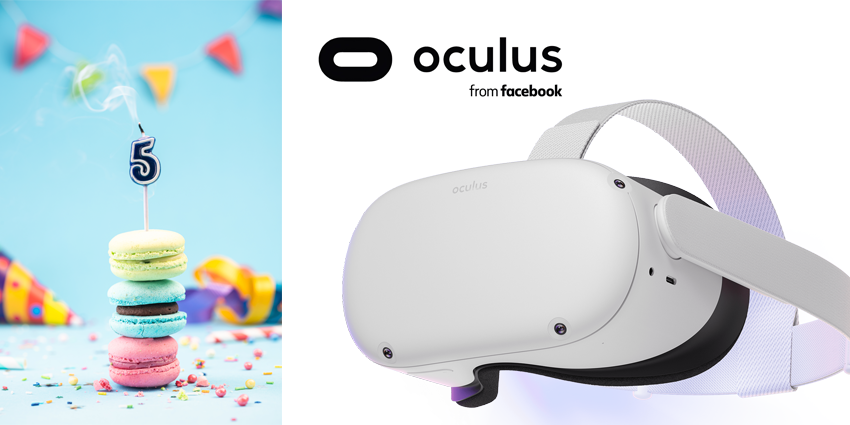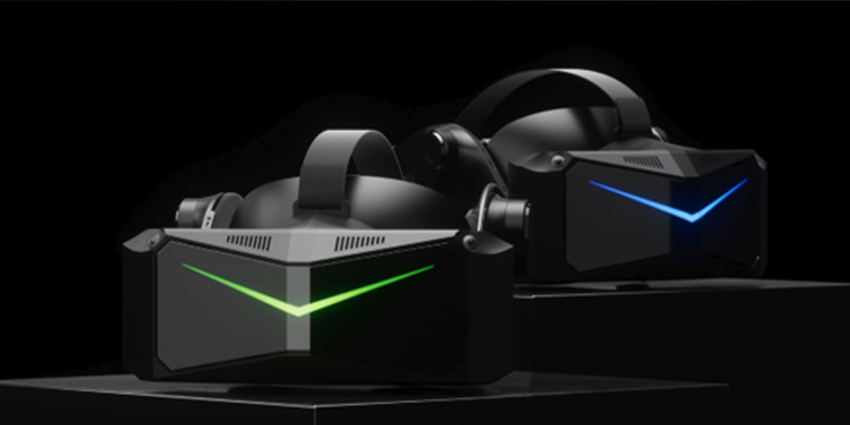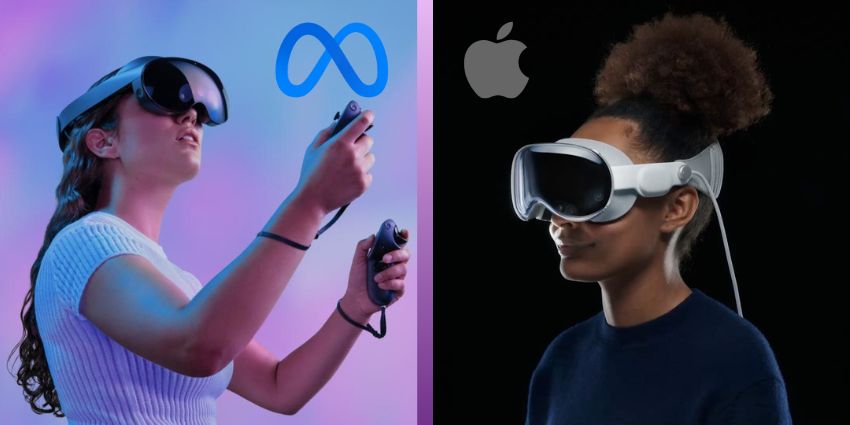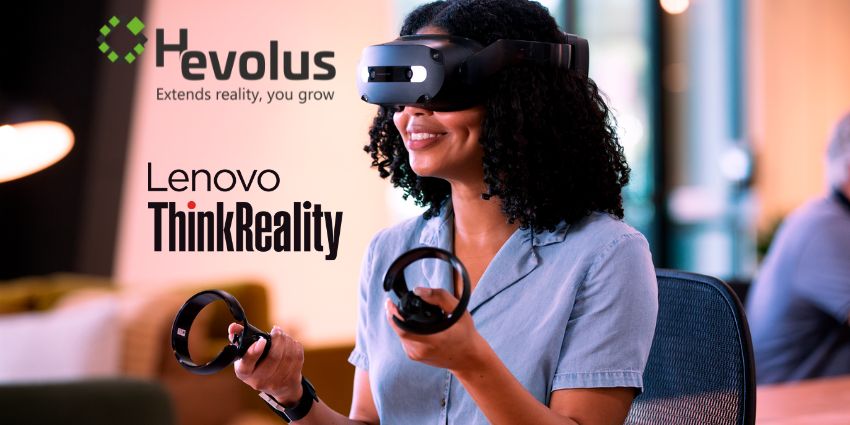The age of VR is coming. Virtual reality has proven itself to be more than just a solution for the entertainment world, but a crucial investment for collaboration, training, and productivity too. Companies like Facebook are leading the way to a future defined by new, extended reality experiences. Over the last five years, Facebook has officially positioned itself as a pioneer in the VR landscape, through the Oculus evolution.
It’s amazing to think that Facebook first released the Oculus Rift in March 2016 – five years ago. Back then, the arrival of the Oculus marked a ground-breaking moment in consumer VR. Now, Facebook is experimenting with ever-more impressive VR experiences.
The pandemic launched a massive spike in VR headset sales, with sales of the Oculus Quest 2 achieving incredible results last year. This enables Facebook to put more focus on creating content for VR and unlocking new experiences, like digital content you can control with your brain.
Five Years of VR Transformation
The Oculus rift was the first small step into VR for Facebook, launched in March 2016. By December of the same year, the business had introduced Oculus Touch, a turning point for VR that offered a new control scheme that would make VR immersion more significant.
In 2018, the Oculus Go arrived, reimagining the media-centric Gear VR as a comprehensive all-in-one experience, offering longer battery life, a strap-based audio solution, a set of higher-resolution screens, and a better set of lenses. Go was the first time Facebook really started experimenting with what accessibility might mean in the VR space. After all, people with glasses want VR too.
In May 2019, Facebook released both the Oculus Quest and the Rift S on the same day. Each came with an inside-out tracking solution called Oculus Insight, as well as higher-resolution panels and a more immersive experience without any wires or extra hardware. By the close of 2019, Oculus Link had also arrived to help connect Quests to PCs for a more advanced VR experience. Hand-tracking solutions also opened the door to a new way of interacting with digital content.
In October 2020, Facebook released the Quest 2, giving developers and players a higher-powered and more customizable device, for less cost than the previous tools.
What’s Next for Facebook and VR?
Since the launch of the first Oculus experience in 2016, Facebook has proven that VR can be so much more than a solution for entertainment. Facebook is effectively developing social spaces in VR, unlocking new collaboration processes, and paving the way for the next level of work-from-home functionality. Facebook is now celebrating its five years of innovation with an infographic on its blog.
The company also included a small insight into what the future might hold. According to the Chief Scientist of Facebook Reality Labs, Michael Abrash, we’re only at the very beginning of what’s possible with VR. From this point onwards, Facebook will be dedicating even more time and attention o ensuring that the Oculus experience is second to none.







